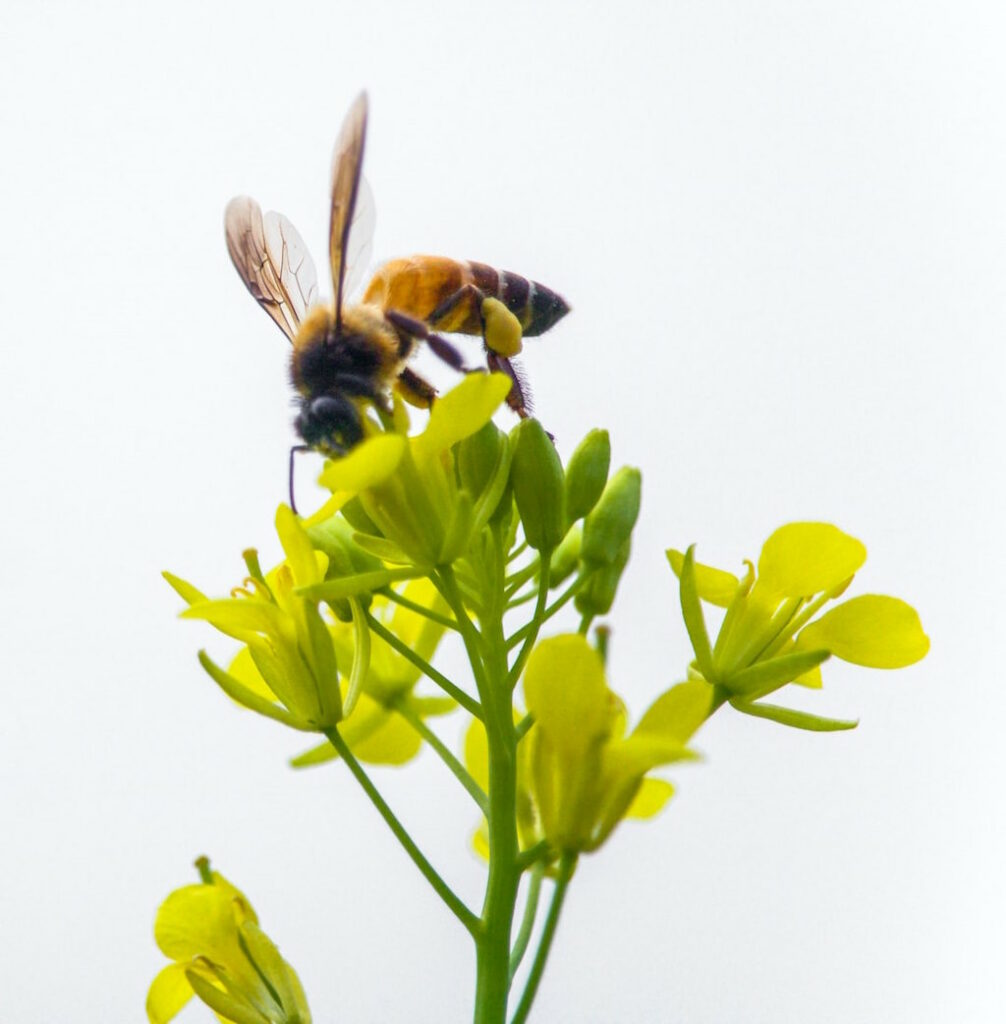
If you search “how to get more done”, Google will return more than 10 billion results in less than a second.
People also searched “How do I get more done with less effort?” “How can I get work done faster?” “How can I get the most done in one day?“
It’s clear that many people just don’t have enough time to get everything done.
For those wanting to achieve more, the #1 tip on one website is to wake up an hour earlier. Tip #9 is to get enough sleep.
Both are valid suggestions. There is certainly something to be said for making an earlier start on the day; the morning hours do seem best for getting things done, even for a slow starter like me.
As a means to get more done, Google’s search results frequently mention making a daily to-do list. That sounds logical enough – lists help to organise and the more organised one is, the more one can achieve. What’s not to like about that?
In the past, I was a master at to-do lists. I loved getting that little dopamine hit when I finished something and gave it the tick of completion.
But there’s a dark side to those lists: they never end. What doesn’t get completed on one day gets shifted onto the next day’s list. And so on. Trying to get to the end of my lists was like trying to reach the end of a rainbow. And in the rare event that I did happen to work my way to the bottom of a list, there was no elusive reward waiting – only the beginning of another list.
That’s the epitome of busy. Always running, never catching up. Feeling that there are never enough hours in the day, leading to more stress and less satisfaction.
Being productive is different. One website describes it this way:
Being productive is less about always having something to do, and more about making sure that what you’re doing is propelling you toward a goal.
We could say that busyness is focused on tasks; productivity is focused on goals.
How can we become less busy and more productive?
Four Principles of Productivity
1. Learn to say no
This one comes up over and over again. And for good reason. Sometimes we are so focused on doing everything well that we haven’t stopped to think about whether something should be done at all. Some things simply do not merit the effort we invest in them.
Peter Drucker, who has been described as the founder of modern management, said:
“There is nothing so useless as doing efficiently that which should not be done at all.”
James Clear, author of the best-selling book Atomic Habits, puts it this way, “The greatest productivity hack is saying no.”
Clear recommends asking yourself, what would happen if I don’t do this?
I suggest a variation of that question: What would happen if I don’t do this to my (or someone else’s) usual standards or expectations?
This question is super-helpful to me. For instance, I can’t just say no to housework (and I can’t afford to pay someone else to do it.) But I can modify my own standards so that my house can still be clean and tidy without having to be immaculate.
An alternative to saying no is not yet. Perhaps you don’t want to delete some activity completely but could it be pushed into the future a bit – say next week, next month, or next year? And if you arrive at that future time and the delay has made you look at things in a different light, then you might say no.
2. Put first things first
Being productive means giving priority to things that are not necessarily urgent but are ultimately very important, what Stephen Covey calls “first things”. Those things include health and well-being, valued relationships, ongoing development, prevention, and planning.
Busy people tend to be occupied with what’s urgent, what’s calling for attention right now. They leave the most important things – the first things – for later, hoping they’ll find the time then. Unfortunately, that time rarely comes.
Ironically, when we prioritise first things, something intriguing takes place. We feel less rushed, calmer, more focused, and centred. That’s because first things eventually make the greatest impact on life.
Covey makes this observation:
“The key is not to prioritize what’s on your schedule, but to schedule your priorities.”
What are your first things? What really matters to you? Do you need to make more time for them?
If you want to learn more about the difference between urgent things and important things, Google “time management matrix” or “Eisenhower matrix”. Visual and kinesthetic learners will especially appreciate the diagrammatic explanations.
3. Narrow your focus
In a great article with the intriguing title How I Get More Done [in] 2 Days Than Most People Do In 2 Weeks, the writer noted:
“Living productively demands lifestyle changes. I’ve engineered my life to be incredibly simple. Everything in my life helps me to achieve my purpose and goals. For that reason, I’ve stripped away everything that doesn’t help me towards that end.”
Ask yourself, are there too many distractions in my life? What is one thing I could remove or eliminate that would simplify my life? You’ll find ideas and suggestions here.
4. Take time to rest
Many of us find it difficult to do that. We feel guilty if we curl up on the sofa with a book when there are things to be done. It’s easy to think that rest is a reward that we earn only after everything else is done.
Of course, that thinking is counter-productive. Rest is not a reward; it’s a need. Just as we need to nourish ourselves with food to function well and thrive as human beings, we need to rest. It is vital to our well-being. The purpose of rest is to renew, to refresh, to recreate us, and its absence has serious consequences.
Writer Anne Lamott observes, “Almost everything will work again if you unplug it for a few minutes, including you.”
So, if you want to be more productive, carve out time in your schedule to rest. Check out this post here for suggestions on including more recreative rest in your life.
And finally…
In the end, it’s not about how much stuff you get done – it’s about doing the right stuff.
Moreover, we don’t need to do everything just right. We just need to do the right things right.
Photo by Mamun Srizon on Unsplash

